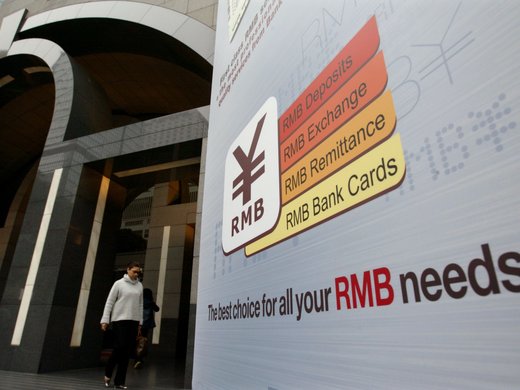One important effect of the recent global financial crisis (GFC) is that the membership of key institutions for international standard setting, notably the Basel Committee on Banking Supervision (BCBS), expanded to include emerging countries. However, with some exceptions, official and private sector actors from these countries still exhibit low levels of engagement with international financial standard setting. This is due to a combination of related factors: the continued focus of the Basel process on the ability and desire of an elite network of developed country regulators to set the agenda; a relative paucity of regulatory knowledge and resources in emerging countries; and low mobilization by emerging country private actors on BCBS proposals. It requires a set of measures to improve emerging country engagement, including bringing more development finance expertise into the Basel process, addressing the overrepresentation of European countries, further investments in regulatory knowledge and capacity, and actions in emerging and developing countries to improve transparency and public consultation in regulation.


